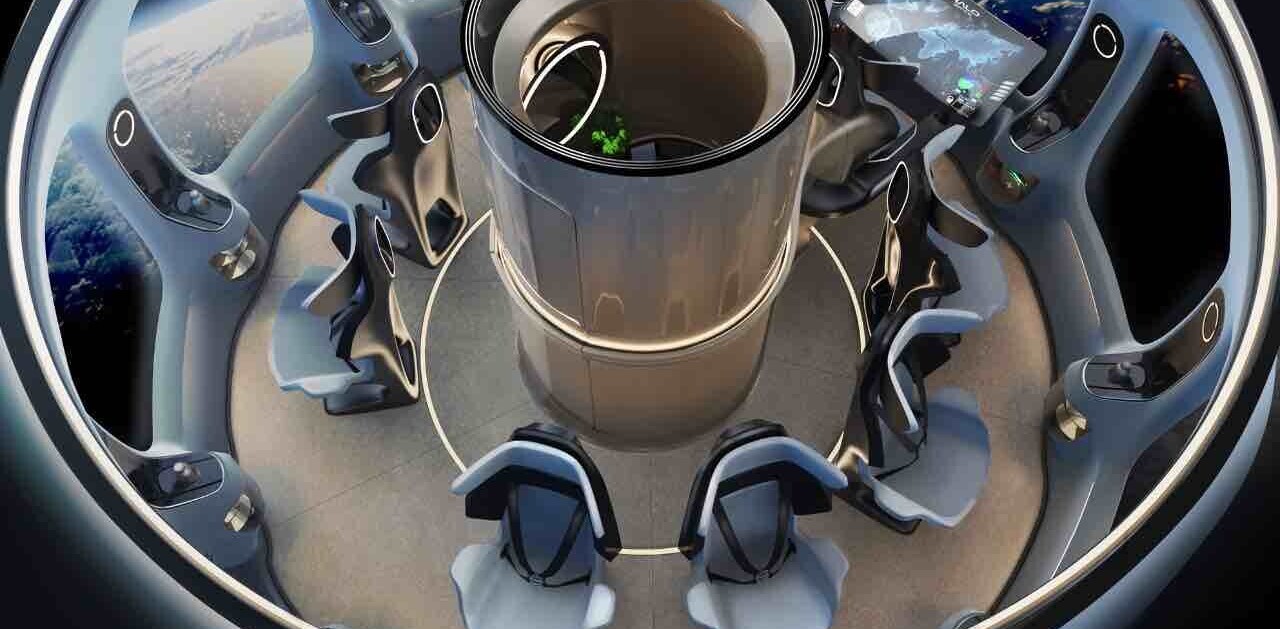
Quick evolution and rapid progress seem like hallmarks of startup success. But what if your software or product is already working well?
To learn what other entrepreneurs were thinking, I asked a panel of startup founders from Young Entrepreneur Council (YEC) the following question:
Beyond needed updates, is there ever a good reason to stick with a certain version of your software or product, or should you constantly evolve, and why?
Their best answers are below:
 1. Constantly Evolve
1. Constantly Evolve
Technology is never stagnant — it is always shifting with the tide. That’s why it’s important to always be updating, never resting.
This is not a plan for the weak, but rather for someone who constantly wants to improve and innovate. That’s why you decided to go into tech in the first place, right? You can’t rest and your customers will thank you for it.
– Rob Fulton, Automation Heroes
 2. It’s All About Speed
2. It’s All About Speed
Software is constantly moving forward and progressing. A few years ago, QuickBooks sped up its process on a few transactions and for opening a file by a few seconds. This sounds minimal, but in our current technology climate of “snap, snap snap,” these changes make a huge difference in the productivity of a team.
However, don’t be a guinea pig; I recommend waiting a few months after any new release before upgrading in order for the provider to work out the kinks.
 3. Keep it Simple
3. Keep it Simple
If you have designed a product that 95 percent of users like to wear, eat, share and reorder you should stick with it. Test other items, but don’t invest much capital in those iterations. If something isn’t broken don’t fix it. Keep it simple and use most of your funding to do what is working and keep churning and burning.
– Jason Grill, JGrill Media | Sock 101
 4. It Depends
4. It Depends
I know of very niche industries who have to use very specific versions of CAD-based programs and actually can’t upgrade the software even though they would like to. I also know of industries where using the software from a year ago makes you outdated.
It really depends on capabilities and necessity. Some software loses compatibility with modern computers, or just doesn’t upgrade in general.
 5. Constant Evolution Is Unnecessary
5. Constant Evolution Is Unnecessary
I’ve always been known to stick with a working version of a software, like a shopping cart for instance, until it breaks or becomes unusable. Constantly evolving to always have the latest and the greatest is not only very expensive, but every new software implementation requires a ton of work to debug and dial in correctly.
I’d rather use an older version and spend my programming dollars on more advertising to drive traffic, which inevitably turns into sales. My advice is always, “if it ain’t broke, don’t fix it.”
 6. Treat Software as a Tool
6. Treat Software as a Tool
Remember, software is a tool that helps you achieve your business objectives, not an entity itself. The purpose of your software is to accomplish these objectives in the most efficient manner possible.
With regards to evolving your software, the decision to do so should be made with end business needs in mind. If you’re continually building your business and need to evolve the software, then by all means do so!
However, if your current version meets your needs and will continue to do so into the future, then there’s nothing wrong with sticking with what works and focusing your efforts elsewhere.
 7. Ensure Backward Compatibility
7. Ensure Backward Compatibility
Often times in order to ensure backward compatibility, sticking with a certain version of software may be necessary. Software interacts with operating systems as well as with other software, and by not ensuring backward compatibility and just upgrading constantly, you may break your product or system. So make sure you do the proper testing before upgrading.
 8. Evolve User Experience
8. Evolve User Experience
It’s easy to arrive at a point where you’re adding too many features and end up making the product too complicated by way of having too many choices. However, if there is one thing you should always evolve, it’s the user experience.
Use analytics or the tried and true method of just talking to your customers about their experience. Look for ways to make the messaging more clear, make signing up easier or offer automation. This focus will ultimately provide a better experience for your customers, which will keep them around.
 9. Adapt to Survive
9. Adapt to Survive
Like any business, if you’re not growing you’re missing something. The same goes for software; it has to evolve with your needs and as your competition does.
Top photo by Allison Joyce/Getty Images
Get the TNW newsletter
Get the most important tech news in your inbox each week.




